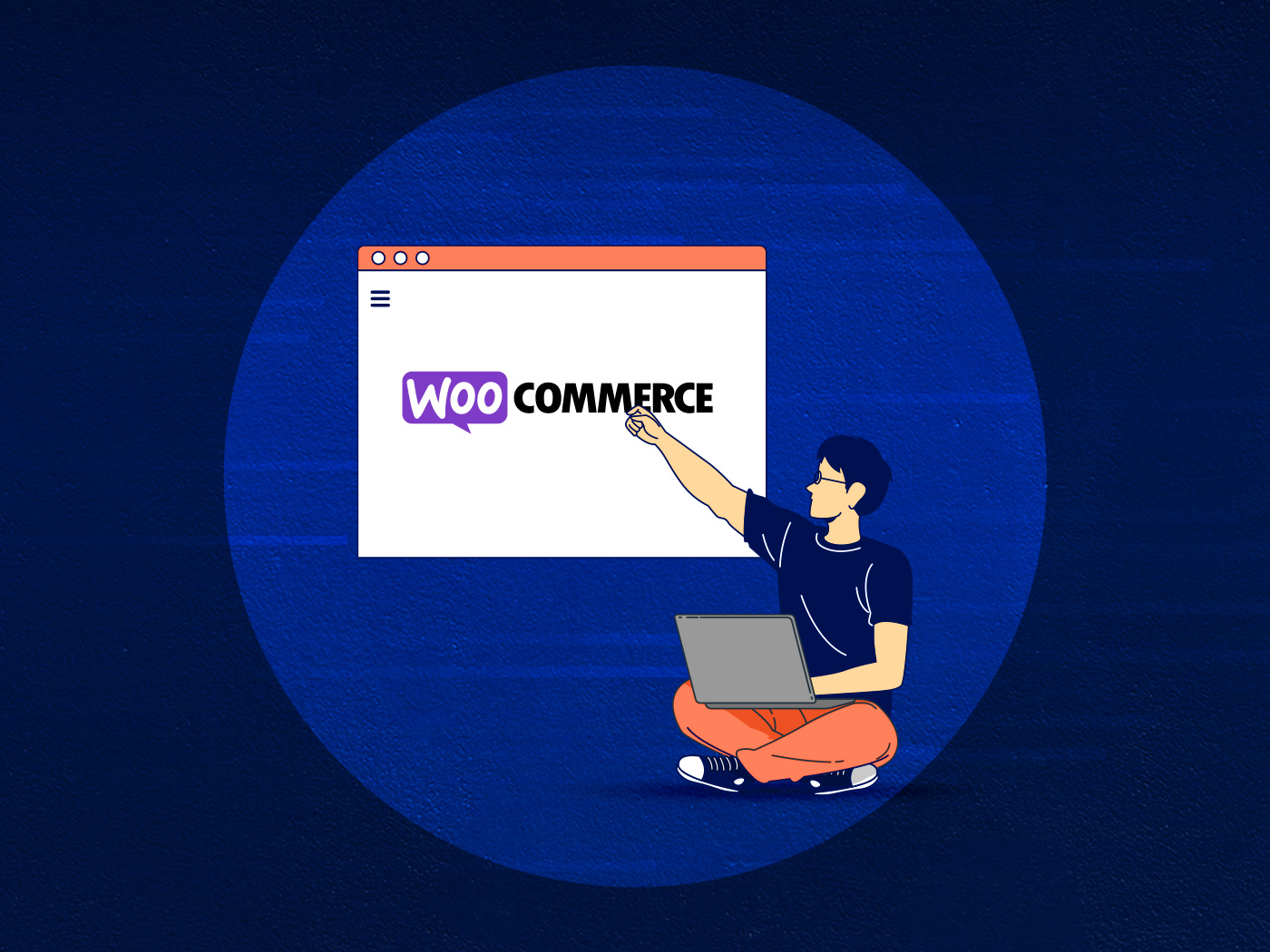When you add a WordPress Plugins or 3rd party script on your WordPress site, whether it be a Google Analytics tag or a Facebook Like button, it directly impacts your load time. I’ve seen a lot of people get frustrated with their WordPress load times over the years. And it all (generally) is a result of loading 3rd party assets.
These problems are most commonly seen with advertising tags or ad networks loading many pixels on your site. Some people choose to monetize their WordPress site by adding ads, which is a great way to make passive income. However, these assets (images, videos, or tracking codes) have to be pulled from somewhere other than your site. This is where latency comes from. Latency is the time it takes a user to load an asset from your site into their browser. Oftentimes, they’re at the mercy of the ad network’s connectivity. The same goes for every other asset loading.
The culprit: a resource pulled from the other side of the planet
Recently, we discovered a perfect example of this on a site created on our new Australian cluster. The customer was pulling assets from Facebook and it added half a second to the site’s load time! Our discovery on this was that Facebook doesn’t appear to have an Australian presence. And the asset was being pulled from a U.S-based data center. The load time was 3.8s and once the outside-loading assets were removed, the load time dropped to 1.0s, a 380% increase in performance!

There’s not much that can be done in these types of situations aside from removing the problematic assets. Some ad networks may have options to load their ads last on the page. So at the very least, your page renders quickly for the user.
Relegate them to the end of the queue
Some options allow you to load those pesky assets last so that the page renders quicker for the user before the asset loads. It’s fairly easy to obtain this type of data using freely available tools like GTMetrix and webpagetest.org.
The goal should always be to render the page as quickly as possible in the user’s browser and some of that can be achieved by simply using a premium WordPress hosting platform – it won’t relieve all of your page loading woes, but it will absolutely help.


